Commitment to Equity

Justice, Equity, Diversity, and Inclusion (JEDI) at IslandWood
We recognize that achieving healthy, sustainable communities and a healthy, sustainable planet requires the participation of all people and that all people deserve a healthy, sustainable environment. Because of this, we are focused on advancing educational approaches that increase collective understanding and stewardship of the environment and that empower action that leads to greater environmental health, a sustainable future, and social and ecological well-being for all.
To do our work effectively, our programs and actions must be relevant, responsive, and accountable to the places and people we serve. As a historically white-led environmental education organization, we recognize the legacy of racism and injustice within our field, and understand that we have perpetuated and benefited from racism. It is our responsibility to use our unearned privileges to combat racism and stand with those fighting for justice.
Staff members have been prioritizing the advancement of justice, equity, diversity and inclusion (JEDI) within IslandWood’s work for some time. In 2019, we formally made commitments to operationalize JEDI principles throughout the organization, in all aspects of our work, and laid out specific priorities to move this work forward. We are committed to the work required to make continual progress on our goals and to being held accountable to these goals.
Our JEDI Commitments
Our staff and board have made the following commitments:
- Ensure culturally responsive and inclusive practices across our organization, including in our programs, services, and policies.
- Provide equitable access to our programs, to employment opportunities within our organization, and to vendor and contract opportunities.
- Promote equity in our organization and field.
- Serve students and prepare educators who reflect the socioeconomic and cultural diversity of the region/s in which we operate.
- Be an authentic community partner and
- Be a learning organization.
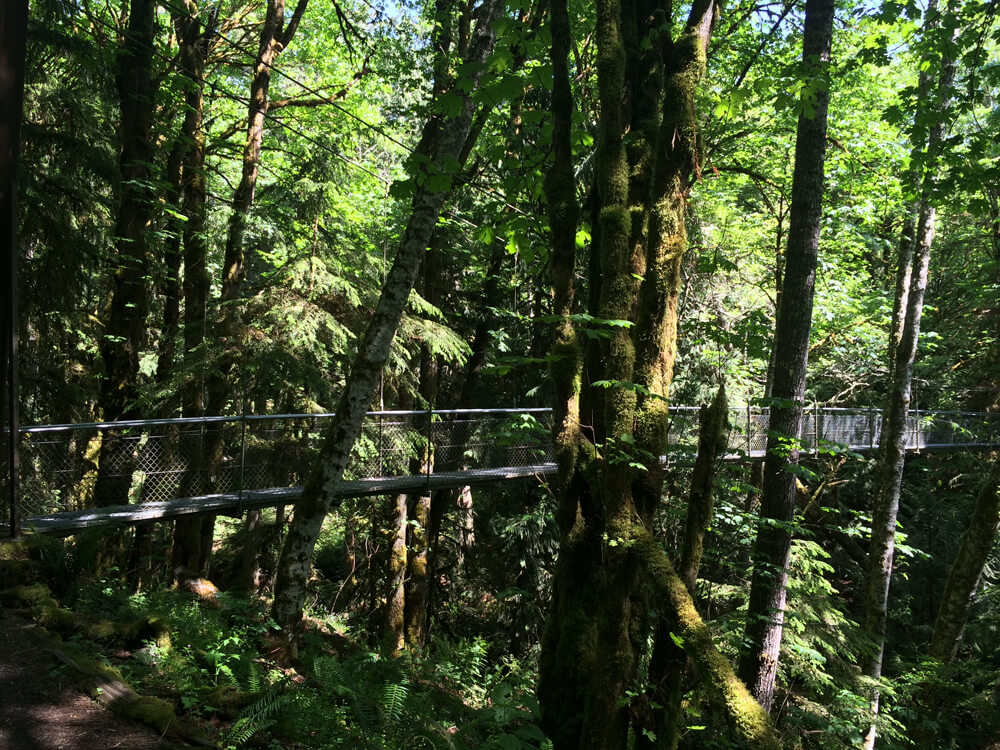
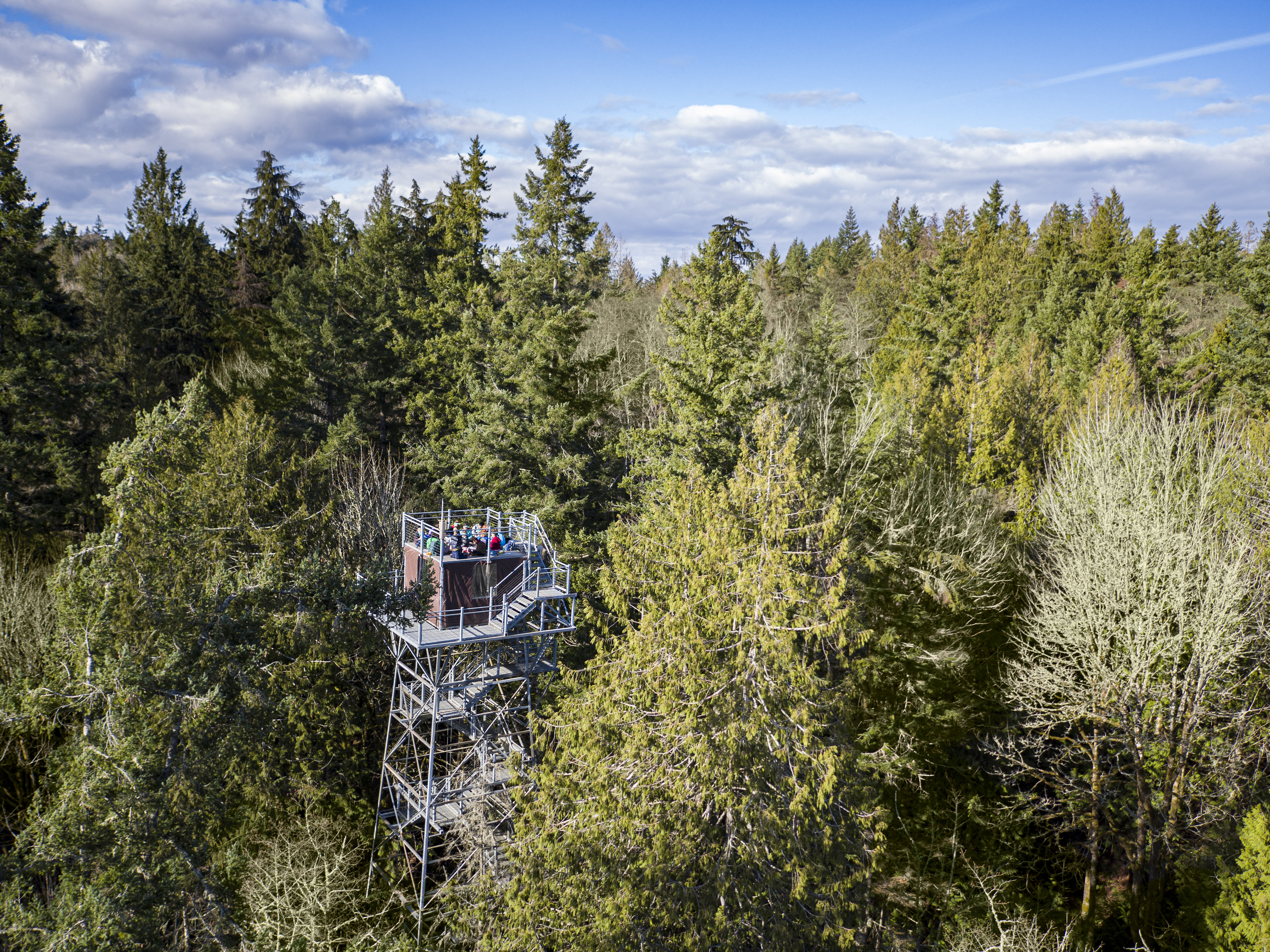
BUILDING A RACE EQUITY CULTURE
In 2019, as part of our ongoing equity work, IslandWood made the commitment to focus in particular on race equity. We are focusing on race equity, not because we believe other inequities don’t exist or aren’t vitally important, but because in the United States one’s race – more than any other factor – is the biggest determinant of educational outcomes, wealth, health, exposure to environmental pollutants and hazards, and life expectancy.
We understand there is an inextricable connection between educational justice, environmental justice, and racial equity. This work is not ancillary, or “outside” of IslandWood’s mission. It is central to our work in environmental education, and of inspiring healthy communities and a healthy planet.
How JEDI is Integrated Into Our Work
While we set organization-wide JEDI goals annually, each department at IslandWood also works on department specific JEDI priorities as well. The way that JEDI is integrated into each department’s work is different and tailored to their function within the organization. To learn more about our departmental JEDI work and what it looks like, please read more below.
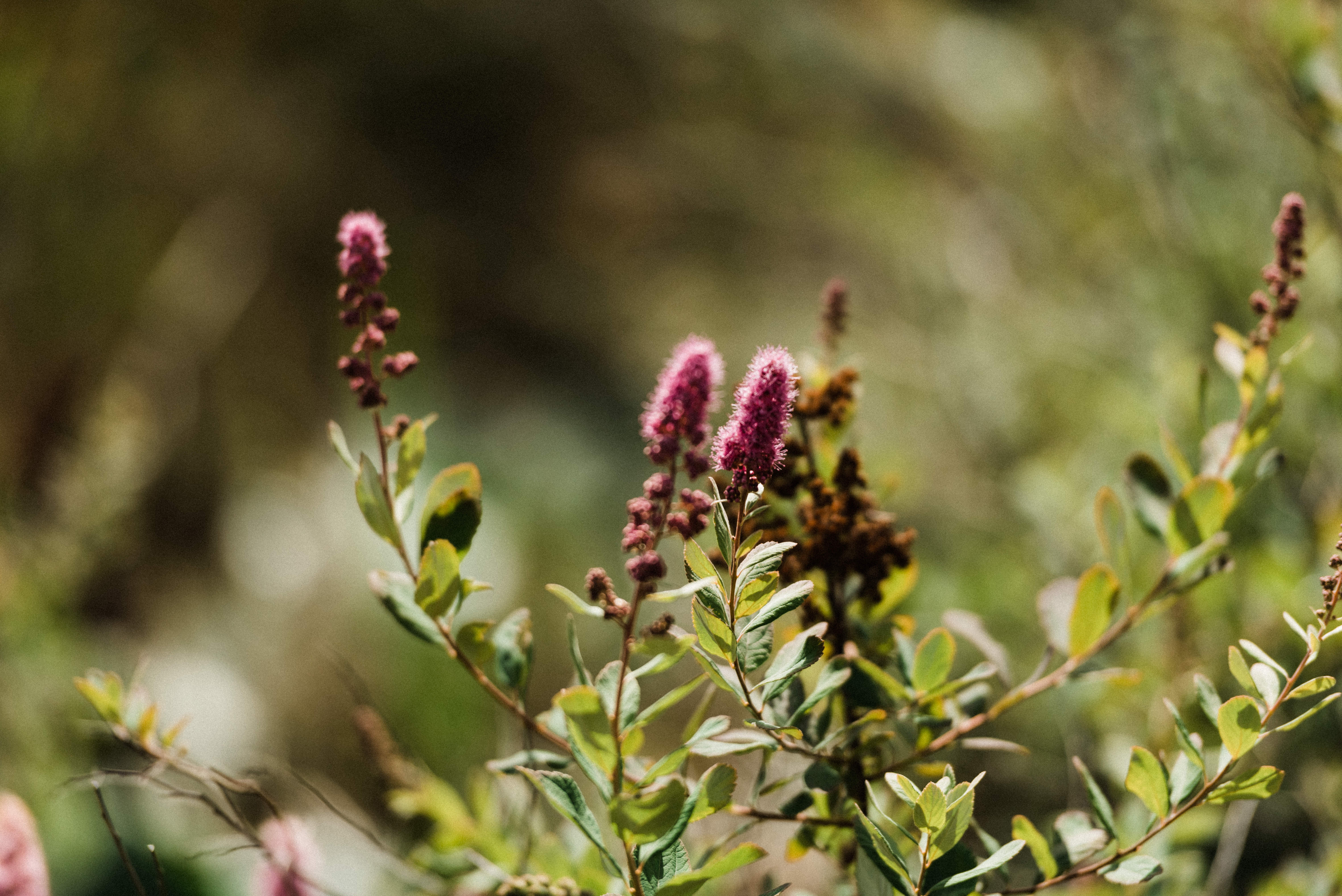

Our Staff and Board Demographics
To ensure that our programs are equitable and relevant, we believe that our staff must reflect the racial demographics of the communities we serve. And, as a predominantly white-led organization, we understand that we have work to do. Learn more about the racial makeup of our staff and board here.
Our Hiring Practices
Learn more about the changes we’ve made to our recruitment, interview, selection, and onboarding processes to increase equity in our hiring practices here.
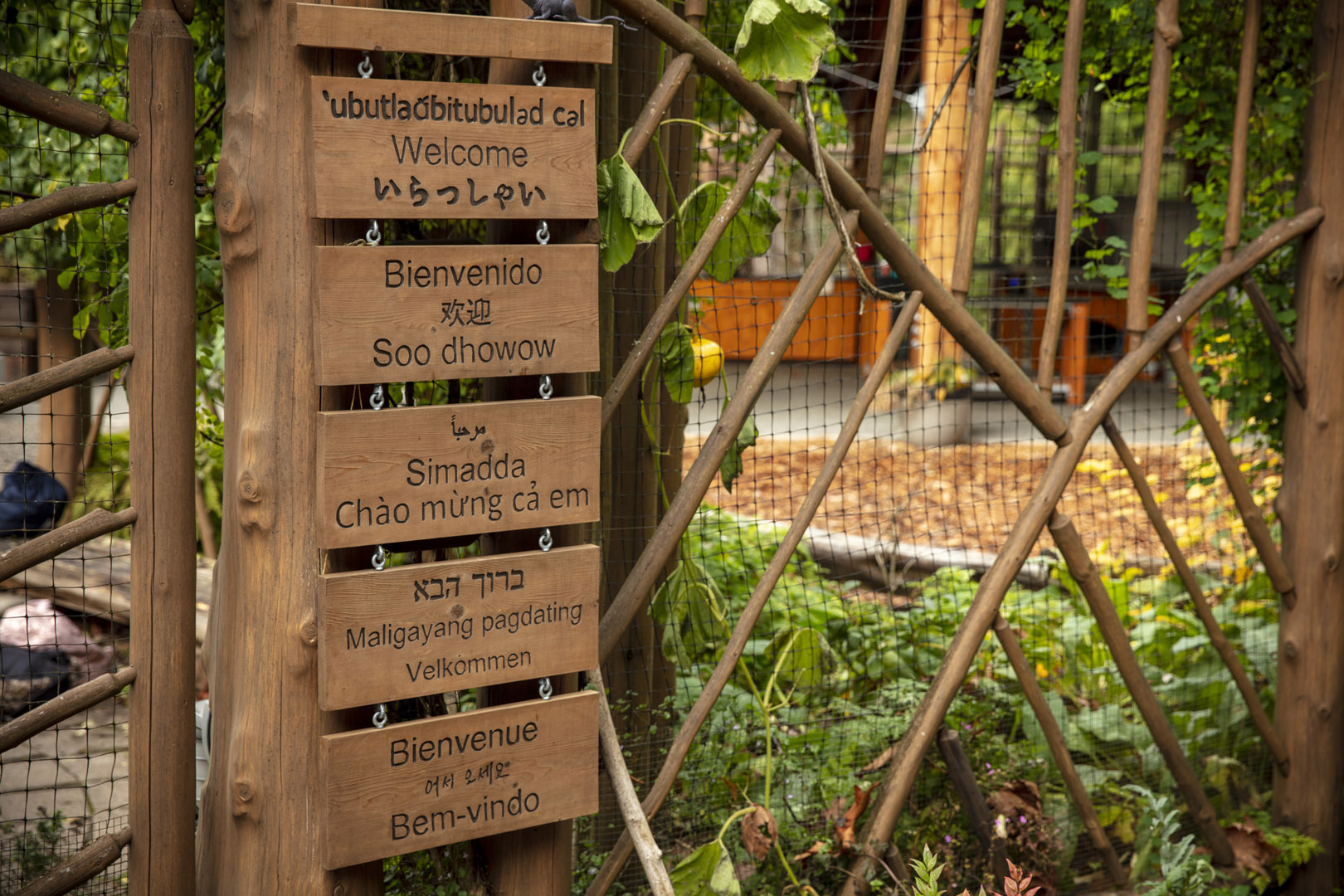
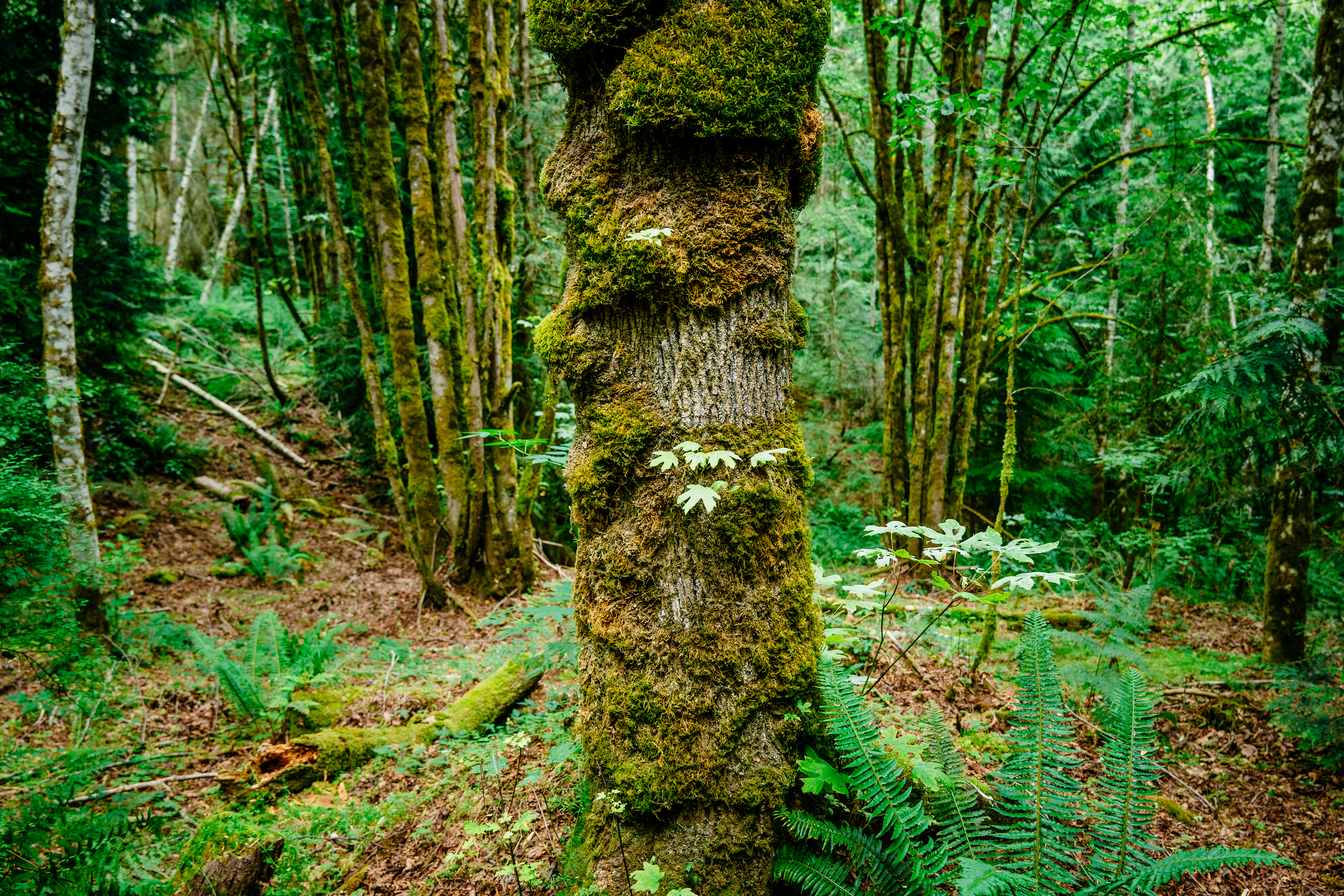
OUR FISCAL YEAR 2023 JEDI PRIORITIES
For the 2023 fiscal year (July 2022 – June 2023), as an organization our primary focus is our continued involvement and work in the Working Towards Racial Equity 2-year series with The Lawrence Hall of Science & Justice Outside. The workshop series is aimed at supporting environmental and outdoor science organizations in building their capacity to foster equitable, inclusive, and culturally relevant work environments and organizations. Each department also has their own JEDI goals, and you can read about some of their past work here.
Our Fiscal Year 2022 JEDI Priorities
Below are our primary JEDI goals for fiscal year 2022 (July 2021 – June 2022). You can find more details about our progress on each of these goals here.
- Directors and managers set and communicate JEDI goals within their departmental operational plans
- Develop and implement assessments for advancement of racial equity are completed by programs
- Finalize and implement a performance review system, incorporating JEDI goals
- Institutionalize JEDI communications evaluation
- Managers are provided management training that includes how to support a JEDI culture within IslandWood
- Continue to offer opportunities for discussion, share videos, podcasts, and articles

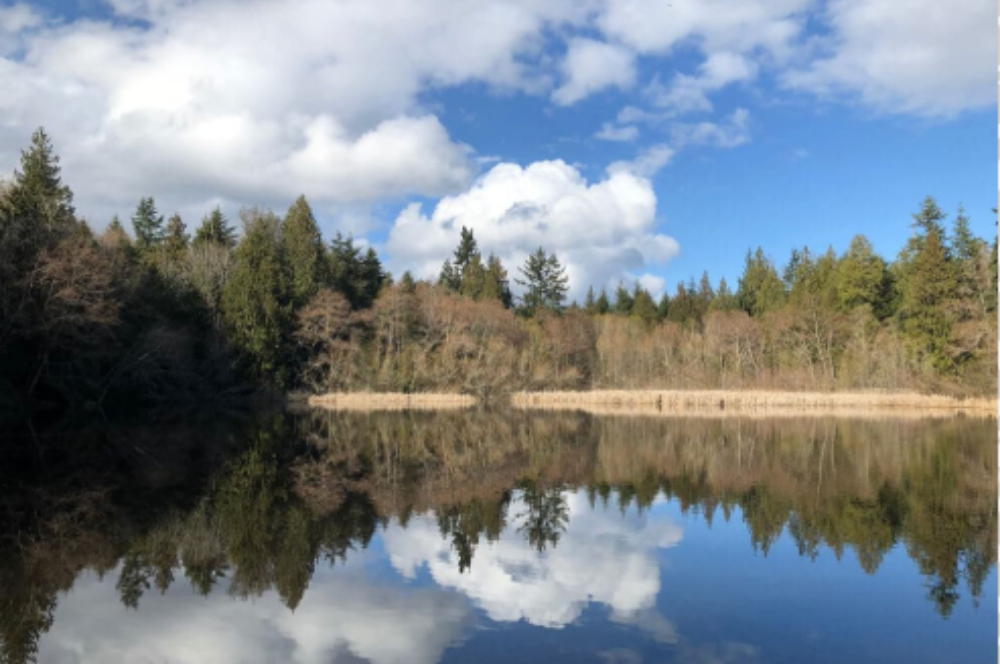
Our Fiscal Year 2021 JEDI Priorities
Below are our three primary JEDI goals for fiscal year 2021 (July 2020 – June 2021). Click here for more information on each of these goals and our progress in working toward them.
- Develop and launch a staff JEDI training program.
- Ensure those we serve are stakeholders in the assessment of our JEDI work.
- Ensure JEDI culture is supported consistently across the organization.
Our Fiscal Year 2020 JEDI Priorities
Below are our goals for fiscal year 2020 (July 2019 – June 2020) and our progress towards completing them.
Action steps include ensuring that all staff understand and have access to the organization’s JEDI vision; leadership team guides on practical applications for JEDI throughout the organization; directors and managers set annual JEDI goals for their departments that are relevant to our mission, their department, and their staff; prioritizing the hiring of BIPOC candidates to our staff and board; and ensuring our annual budget reflects our commitment to JEDI training for all staff.
Update on priority:
We have shared and presented our organizational JEDI vision with all staff in several settings, both electronically and in-person. Our leadership team regularly discusses with their teams how JEDI can be applied to their work. We identified and had initial conversations with several BIPOC individuals we were interested in engaging as board of director candidates and this process will continue in fiscal year 2021 until we’ve brought on new BIPOC members. We have prioritized the hiring of BIPOC candidates, particularly for departments or positions with low BIPOC representation. You can read about our staff and board demographics here. Our annual budget allocated the funding of JEDI training for all staff.
This priority means that all programs at IslandWood, including our school programs, teacher professional development, graduate program, community programs, and private events are culturally responsive in their design and execution. Action steps include ensuring that every program understands how JEDI fits into their work; that meaningful assessments of JEDI exist; and that teams are regularly assessing the advancement of racial equity within programs.
Update on priority:
We came to understand that our programs, which span very different audiences from students, to teachers, to parents, to event guests, vary in their level of cultural responsiveness in design and execution. Each internal team has since spent time reviewing how JEDI fits into their work and how their work and day to day decisions might shift when viewed through a JEDI lens. In this fiscal year we were not able to make substantial progress on ensuring that meaningful assessments of JEDI exist and have carried that forward as a key priority for fiscal year 2021.
Action steps include applying a JEDI lens to onboarding and training practices; that staff in managerial and supervisory capacity participate in JEDI trainings; ensuring that performance reviews and professional development are aligned with JEDI goals; and staff members have the opportunity to assess the organization’s progress against our JEDI vision through the annual staff survey.
Update on priority:
After applying a JEDI lens and approach, we have updated our recruiting and hiring practices. Read more about that work in detail here. Our staff in managerial and supervisory capacities have participated in JEDI trainings led by external facilitators. We conducted a staff-wide survey about our progress against our JEDI vision that provided critical feedback on the places we’ve made advances and on the areas we still need attention and substantial work. While we’ve made some progress on how we’d like to integrate JEDI goals into performance reviews and professional development, we have not yet implemented this change and will carry that work into our 2021 JEDI goals.
Action steps include continued diligence in ensuring that all IslandWood communication continues to be respectful of the communities we serve; that we are transparent about our JEDI goals and sharing our progress against those goals; that we amplify POC leaders and voices within our field; and that we make our communications accessible to all audiences.
Update on priority:
We have worked, and will continue to work, to keep a JEDI lens at the forefront of all our communications. We have started implementing image descriptions on all of our social media and website images to make our communications more accessible to those that are blind or visually impaired. We have not provided closed captioning for all the videos on our website and aim to do that in the next fiscal year to ensure they are accessible for individuals that are deaf or hearing impaired. We have started to regularly highlight BIPOC leaders in our field and anti-racist educational resources in our communications. We have committed to transparency and a quarterly public update on our website about our work toward our organizational JEDI priorities.
Action steps include proactive communication with various stakeholders such as schools, parents, graduate program alumni, community and government entities; a formal and regular process for gathering feedback from key stakeholders; and a formal process for sharing stakeholder feedback with our board of directors.
Update on priority:
While we regularly have proactive informal communication with various stakeholders, we were not successful in creating a formal and regular process for gathering key stakeholder feedback. This was scheduled to happen in the last quarter of the fiscal year, but coronavirus and the necessary and immediate pivoting of our work, along with large staff furloughs, took up our capacity. This priority was carried over as a key priority for fiscal year 2021.
Action steps include training and support for managerial and supervisory staff in leading a JEDI culture; JEDI training for all staff; progress on JEDI goals is regularly shared with staff via monthly staff meetings, department meetings and quarterly newsletter; JEDI goals are incorporated into each staff member’s professional development plans; all staff have the opportunity to assess the organization’s progress against our JEDI vision through the annual staff survey.
Update on priority:
All staff in managerial and supervisory roles were provided JEDI training and support; information about our JEDI goals and our progress on those goals was not regularly and effectively communicated to all staff and was moved forward as a key priority for fiscal year 2021; JEDI goals have not yet been incorporated into each staff member’s professional development plans and has been moved forward as a priority for fiscal year 2021; and all staff had the opportunity to assess the organization’s progress against our JEDI vision through a comprehensive, anonymous JEDI survey.
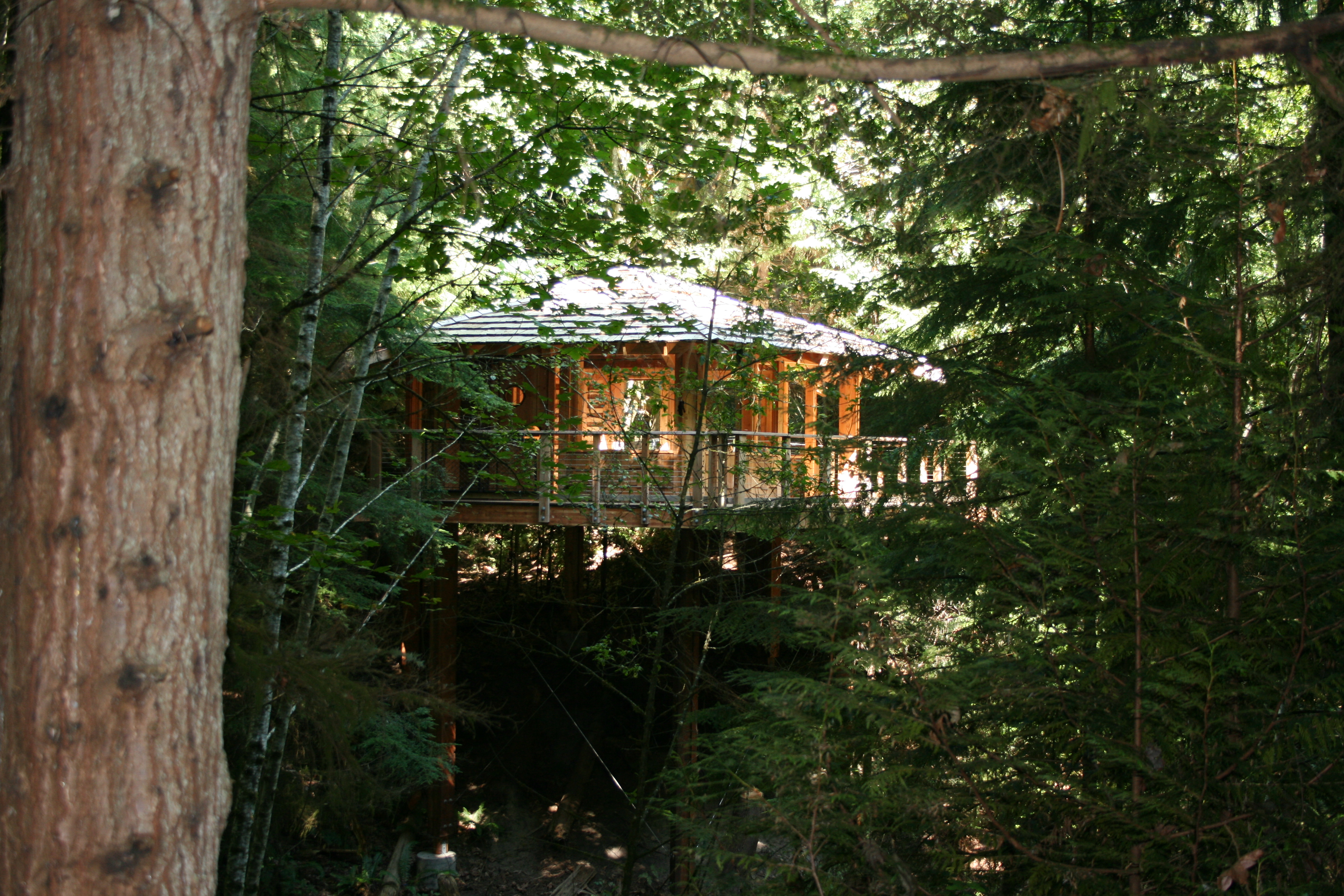
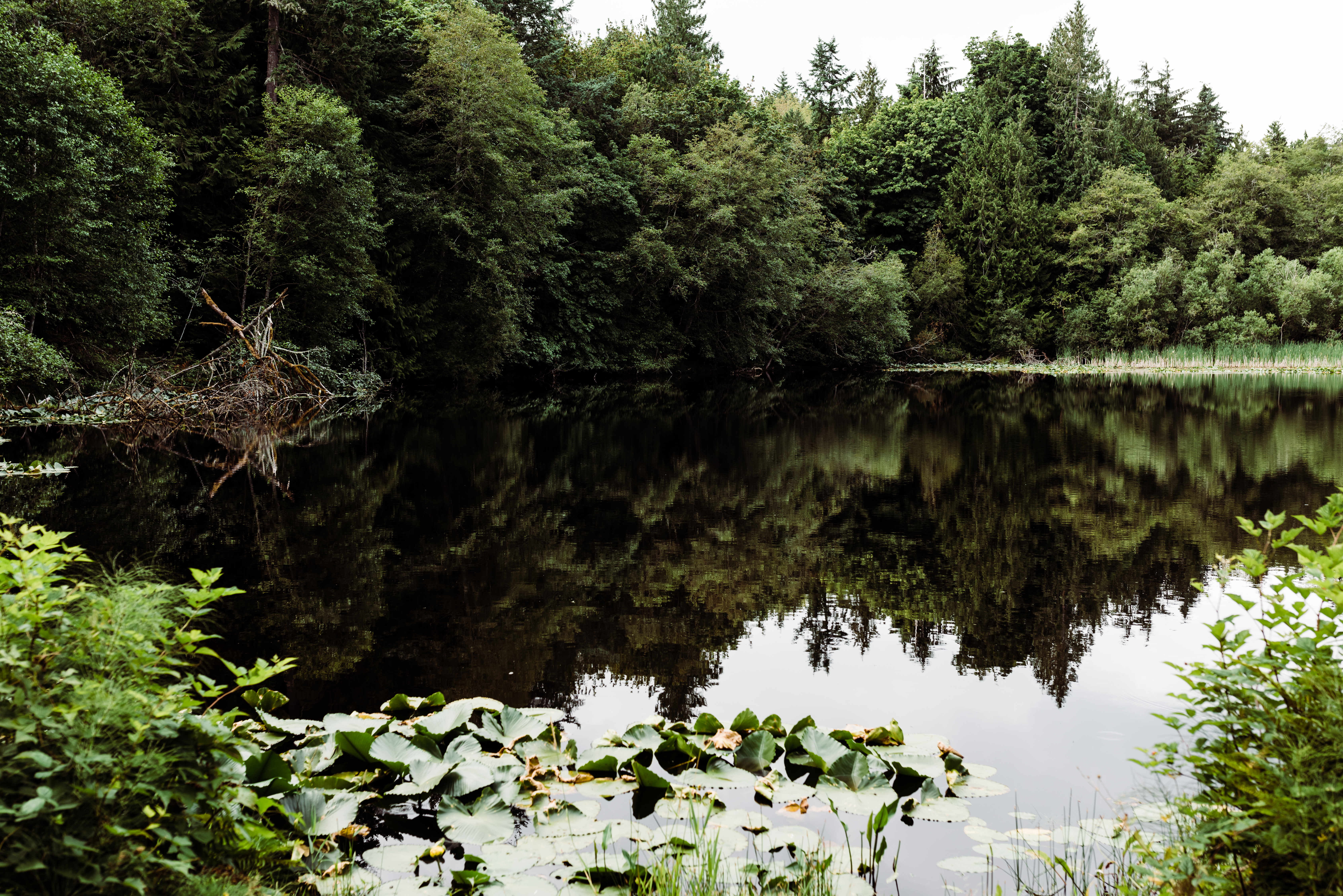
Our Fiscal Year 2019 JEDI Priorities
Our plan for fiscal year 2019 (July 2018 – June 2019) included the following five organizational goals for advancing JEDI. Below are the goals and also our progress toward completing them.
Being able to articulate why equity work is a strategic imperative for achieving our mission is a critical next step for us. This effort is underway and should be ready to share publicly in the Spring 2019.
Update on goal: We cannot have thriving, sustainable communities or a thriving, sustainable planet without equity embedded in our communities. This goal led to our commitment to building a race equity culture at IslandWood.
Recognizing the abundance of resources already in existence to support organizations like ours, our Justice, Equity, Diversity, and Inclusion (JEDI) Council recommended Awake to Woke to Work for adoption. This toolkit is designed to help nonprofits build a race equity culture. Our Leadership Team will now undertake the work of adapting the toolkit to IslandWood.
Update on goal: We adopted the Awake to Woke to Work toolkit and our departments are in various stages of implementing or adapting the toolkit to their particular work. This work strongly influenced our fiscal 2020 priorities.
Since 2015, all teams at IslandWood have completed annual Cultural Capacity Professional Growth Plans. While this process has led to growth, it has largely been completed in isolation from operational goal setting. By integrating equity goals with operational goals, we will build in greater accountability.
Update on goal: Our Human Resources team created a new performance assessment tool that prompts conversation and leads to setting individual JEDI goals for all staff members. It will be rolled out in fiscal year 2020.
We’ve noticed that the teams that are effectively reducing bias and advancing equitable practices are led by directors and senior leaders who are prioritizing this work for themselves and their teams. We want to ensure our leadership team has a shared understanding and commitment to equity work, and that they are on personal journeys to examine their biases, assumptions, and role in systems of inequity and oppression.
Update on goal: We held two half-day equity trainings led by Fleur Larson Facilitation for staff on our leadership team and all staff in managerial or supervisory roles.
Like many nonprofits who are trying to get a lot done with limited resources, our hiring practices are largely decentralized. Because of this, it’s possible that equity is a focus for one position, while not for another. This year we will establish norms that will include changes to the recruitment, interview, selection, and onboarding processes to ensure equity is operationalized throughout and across all teams.
Update on goal: Our HR team established norms and made a significant amount of changes in our processes, including centralizing the hiring process; prioritizing POC candidates specifically for opportunities where non-POC staff are dominant; offering IslandWood application form as an option for applicants who do not have a formal resume; all applicants are asked to respond to a general JEDI question and do not advance to interview phase if their response does not indicate a commitment to social justice equity, diversity and inclusion; salary range and work schedule are clearly stated on all job postings; job descriptions focus on what is required for position, without excessive experience and education requirements; investment in advertising to expand job listings to reach a larger POC applicant pool; reducing number of staff at interviews; when practical including the HR Director in interviews as a voice of IslandWood, for objective observation and interview feedback; and providing open enrollment benefits packages in Spanish.
JEDI COUNCIL
IslandWood’s Justice, Equity, Diversity, and Inclusivity (JEDI) Council is a staff committee that focuses on the advancement of justice, equity, diversity, and inclusion in the organization. The Council supports and advises leadership, teams, and staff members in operationalizing JEDI work at IslandWood.
IslandWood’s JEDI Council was formed in 2007 by 15 staff members to focus on recruiting staff that better reflect the communities that our organization serves, and to break the cycle of exclusion that is so prevalent in the environmental and education fields. Throughout the last decade, the Council’s advocacy and action have led to professional growth for staff and teams and the creation of culturally responsive and inclusive policies and processes.
The Council offers expertise and insight critical to supporting the progress of DEI priorities at IslandWood. This includes resource finding and sharing, informal training/gatherings, responsive brown bag lunches, and overall guidance/problem-solving on issues relevant to operationalizing DEI work at IslandWood.


NON-DISCRIMINATION POLICY
IslandWood does not discriminate on the basis of race, color, religion, sexual orientation, gender identity or expression, national origin, age, disability, pregnancy, genetic information, marital status, amnesty, or status as a covered veteran. We are committed to providing an inclusive and welcoming environment for all guests, students, members of staff, clients, volunteers, and vendors.
IslandWood acknowledges that we live and work on the ancestral land of the Coast Salish people, who have been stewards of this region's land and waters since time immemorial, and who continue to protect these lands and waters for future generations, as promised by the Point Elliott Treaty of 1855, the Treaty of Point No Point of 1855, and the Treaty of Medicine Creek of 1854.
While the majority of our work takes place on Suquamish (suq̀ʷabš) and Duwamish (dxʷdɐwʔabʃ) land, we also conduct programs on the land of the Snohomish (sduhúbʃ), Puyallup (spuyaləpabš), Muckleshoot (buklshuhls), Skokomish (sqoqc’bes), and S’Klallam (nəxʷsƛ̕ay̕əm) peoples.
IslandWood is a registered 501(c)(3) charitable organization. Our tax ID number is 31-1654076.
4450 Blakely Ave. NE, Bainbridge Island, WA 98110 206.855.4300







